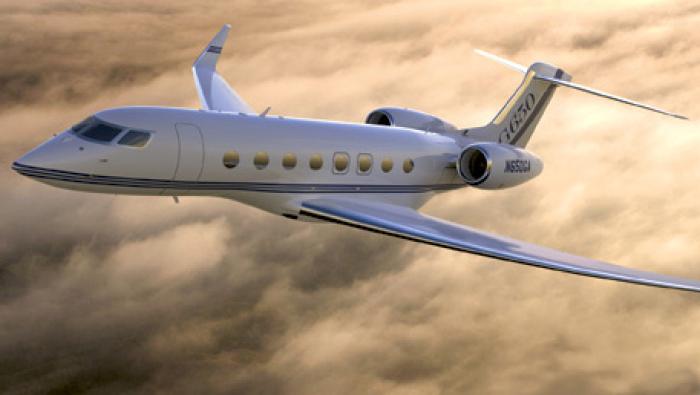Now that the first Airbus aircraft built in the 1970s are reaching the end of their useful lives, for the first time in its history the company must consider a disposal strategy. Of course, salvage companies can do the job of tearing apart an airplane for recycling. But not until Airbus teamed with SITA, EADS CCR, Sogerma and the Préfecture des Hautes-Pyrénées to establish PAMELA (Process for Advanced Management of End-of-Life Aircraft), had anyone taken quite such a scientific and methodical approach to solving the problem of scrap.
Airbus estimates that more than 4,000 airliners will reach the end of their useful lives over the next 20 years. The partners expect that the e2.4 million ($3 million), 32-month PAMELA project will demonstrate the ability to recycle, reuse or recover between 85 and 95 percent of a new aircraft’s components. For example, no generally accepted method exists today for extracting and recycling individual fibers from composites. PAMELA would formulate just such a process.
According to Airbus, the project will establish a new standard for safe and environmentally friendly management of retired aircraft, while covering the whole process from storage at the decommissioning phase, disassembling and dismantling, to the recycling or elimination of materials. Equipment and products such as electronics systems, tires, batteries, CFCs and hydraulic fluids from aircraft must pass through a controlled processing channel. Using the PAMELA process, companies would track working spares recovered from retired aircraft, ensuring their safe return to the system.
As part of the project, PAMELA also will help launch a European network to disseminate information about the process. Airbus expects the program will support the European Environmental Policy with best-practices recommendations.
For Airbus, the project should aid reverse-engineering efforts, most notably related to fatigue/corrosion investigation. Armed with information gleaned from that process, the company hopes to “optimize” materials selection for future aircraft and refine design principles to further ease the end-of-life management process. Airbus and its partners plan to establish Tarbes Airport in the south of France as a PAMELA center of excellence, and export the skills and technology developed there to other regions of the world.







